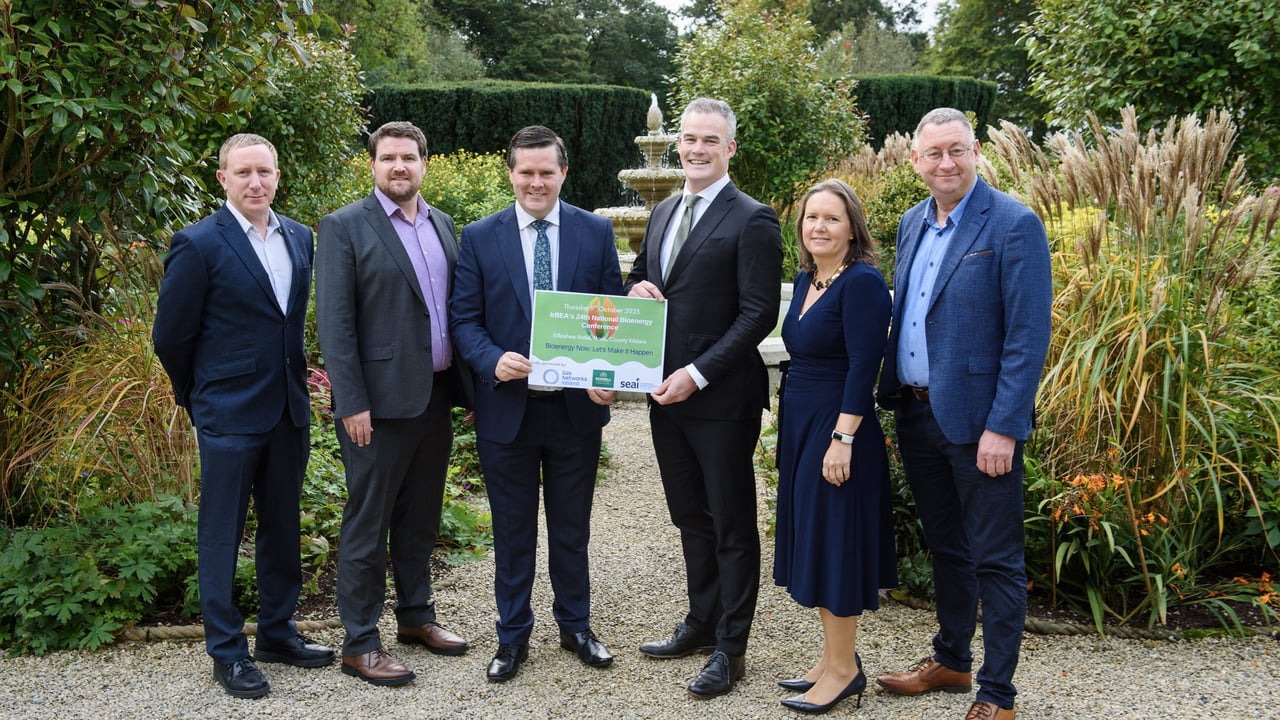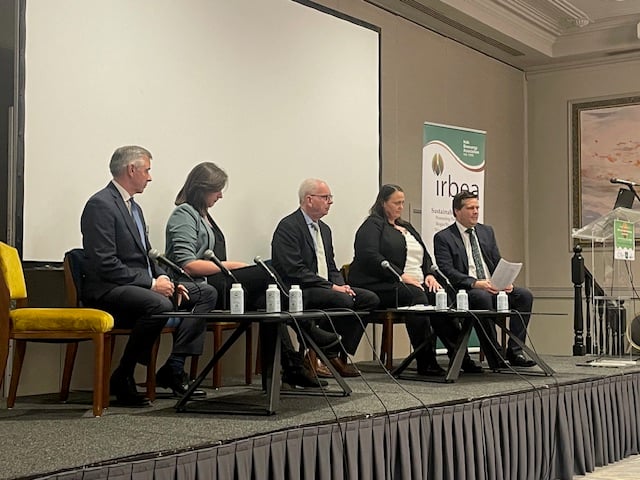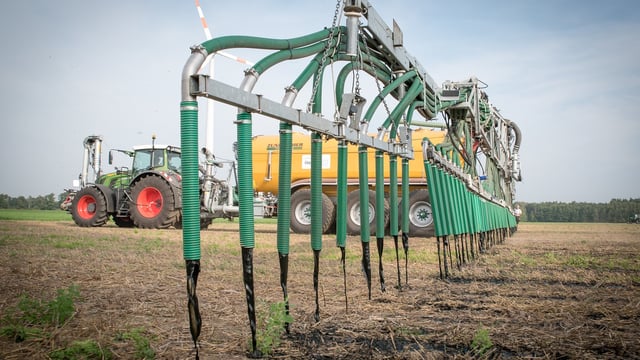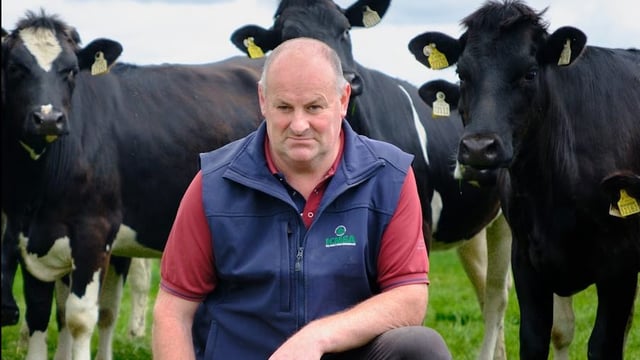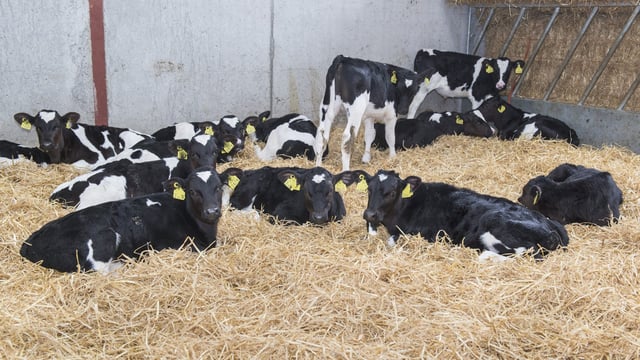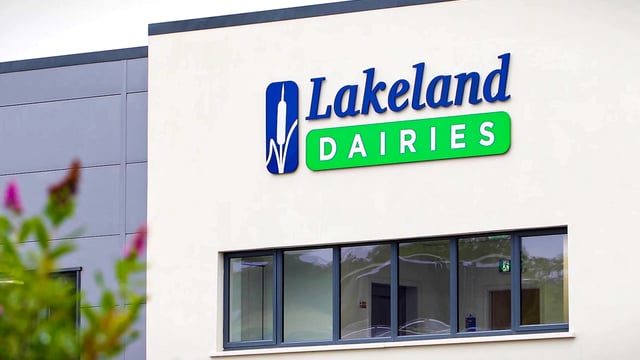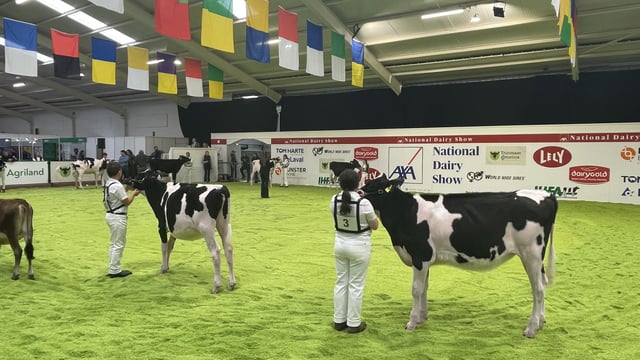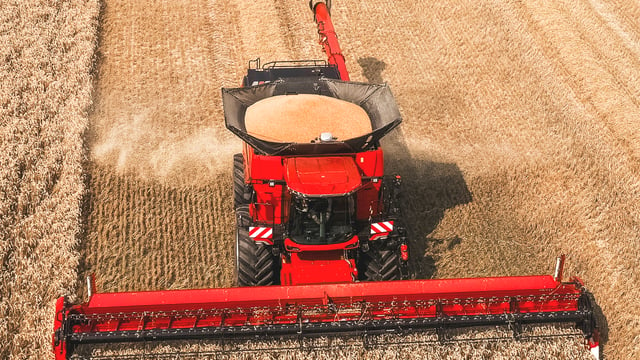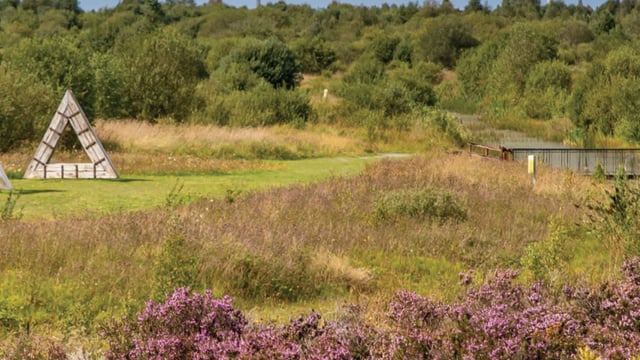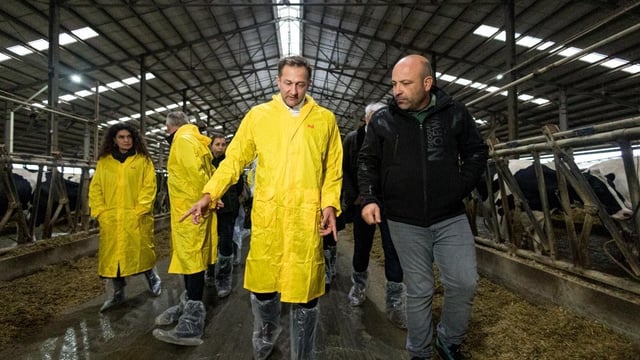IrBEA urges the government to 'make bioenergy happen now'
"The building blocks for the development of the Irish bioenergy industry are beginning to line up", according to the Irish Bioenergy Association (IrBEA) CEO Seán Finan.
Speaking at the IrBEA National Bioenergy Conference 2025, Finnan said: "IrBEA and its members are eager to meaningfully contribute to Ireland's decarbonisation, emissions reductions, and renewable energy targets.
"We now need to see an acceleration on the roll-out of key policy and legislative frameworks to bring projects forward and drive action on the ground in project development."
The conference, which took place yesterday (Thursday, October 9), invited many delegates to talk about the trends and opportunities within the bioenergy industry, highlighting "the potential to drive forward with the deployment of bioenergy in Ireland in all its forms, including solid biomass, biogas/biomethane, liquid biofuels, biochar, wood fuels, and energy crops."
Farm biogas plants
Noel Gavigan, a technical executive at IrBEA, presented an overview of the organisation's recent work in the bioenergy industry, including its farm scale biogas plant project.
The project established a small biogas plant on a dairy farm in Co. Galway, which converts 11t of slurry and manure a day into a renewable energy source for the farm.
The biogas plant will replace €30,000-worth of purchased energy each year for the dairy farm, meaning the farmer's investment of €226,000 is expected to be paid back in a seven-year period.
Speaking to Agriland, Seán Finan explained the importance of the government's support, following Budget 2026, to develop these biogas plants on farms across the country.
Finan said: "One key aspect associated with making farm scale biogas production is the securing of a capital grant for the farmer to develop these facilities.
"As part of out pre-Budget submission, we asked for a fund to be put in place for the scale of these facilities, which provides a 50% grant."
The IrBEA CEO noted that the organisation hopes that "the funding will come from the larger scale biomethane fund" and that it has requested an allocation of up to €2-3 million from the Department of Food, Agriculture and the Marine (DAFM) to develop a dozen of these farm biogas plants across the country.
He added: "The biogas plants will reduce emissions on farms, but more importantly it will provide an income opportunity for farmers, in that it will replace fossil fuel energy that they are using for heating and electricity on the farm."
Biomethane
The conference hosted panels and heard from industry representatives, who further discussed the role of biomethane and biogas in the bioenergy sector.
The key messages that were covered during the biomethane panel and presentations included:
- The need for the Renewable Heat Obligation (RHO) scheme to be implemented as quickly as possible;
- Urging the government to issue RHO scheme notifications to the EU Commission as a matter of urgency;
- IrBEA members calling for the RHO scheme ambition to be published immediately up to 2035 and beyond;
- The need for details of the capital funding for biomethane development to published;
- The importance of addressing issues in planning, licensing, and regulation to develop the sector.
Biomass and wood fuels
This year's conference was sponsored by Gas Networks Ireland (GNI), the Sustainable Energy Authority of Ireland (SEAI), and Worrell Timber Group.
The head of business support at SEAI, Fergus Sharkey spoke during about how the organisation utilises biomass to support small and large scale business across the country
Commenting on SEAI's Support Scheme for Renewable Heat (SSRH), Sharkey provided updates on the scheme, such as it being extended to include the Emissions Trading System (ETS) sector and the removal of the 1MW cap.
Kenneth Worrell, the managing director at Worrell Timber Group, presented an overview of how his company supplies biomass in the form of wood chippings.
Liquid biofuels, biochar, and carbon products were also areas of focus at the conference, with the following key messages being addressed:
- Introduction of legislation for a minimum inclusion of Irish produced biodiesel in any future increased blending rates (B10/B20);
- Irish government should address issues around fraudulent and unsustainable non-EU liquid fuels that are impacting indigenous Irish biofuel and biomethane producers;
- Introduce measures to grow and support indigenous biofuel production;
- Recognition for biochar in Irish carbon removal frameworks and policy;
- Enhanced research on uses for biochar;
- Awareness of the role of biochar in addressing common challenges and reducing emissions in biomaterials and construction, as a biofertiliser and biofuel.

